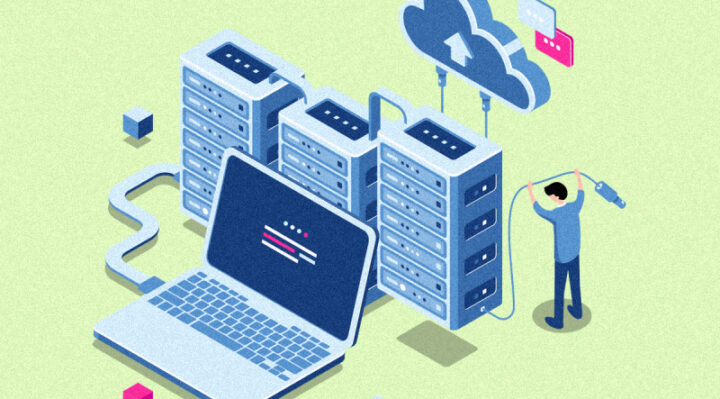Under PLI scheme, 38 IT firms have applied to make laptops and PCs


While it is projected that the scheme will increase production by Rs 3.35 lakh crore after six years, this may only result in an increase in investment of Rs 4,000 crore.
Under the Center’s production-linked incentive (PLI) scheme for IT gear, 38 businesses have applied to produce laptops, desktop computers, and servers in India, including Asus, Dell, HP, and Foxconn. Apple, meanwhile, has chosen not to take part in the program.
A licensing requirement for the import of laptops and personal computers was enforced by the Center and later postponed, which caused major electronics hardware manufacturers to raise red flags. The transition was postponed until October 31.
While it is projected that the scheme will increase production by Rs 3.35 lakh crore after six years, this may only result in an increase in investment of Rs 4,000 crore. According to Union Minister for Electronics and IT Ashwini Vaishnaw, the government predicts that the manufacturing process will generate 75,000 direct jobs.
Other businesses that have applied for the program include Lenovo, Acer, and Flex, which is rumored to be the company that makes the JioBook laptop for Reliance. Additionally, HP Enterprises (HPE) has applied to start producing servers in India.
Two senior IT Ministry officials stated that as of August 4, just two businesses had sought to participate in the IT hardware PLI, which was extended in May of this year, with 44 companies having registered with an intent to apply, a day after the import restriction was put into place. After 26 days, there were an additional 36 candidates, bringing the total to 38. August 30th was the application deadline.
Since it was first approved in 2021 with an outlay of Rs 7,350 crore, the Center has more than increased the IT Hardware PLI to Rs 17,000 crore as of May this year. Only two companies—Dell and Bhagwati—met their targets for the first year (FY22) of the scheme’s implementation, and the sector demanded a revised program with a larger budgetary commitment.
Compared to the former offer of 2% over four years, the average incentive over six years will be about 5% of net incremental sales. Under the reorganized program, businesses who domestically produce components like memory modules, solid state drives, and display panels will also receive additional incentives. The base year can also be chosen with freedom. According to officials, the entire benefits might amount PLI of Rs 22,880 crore given the companies’ projected sales.
According to reports, Dell, the only significant company to take part in the previous version of the program, will switch to the new program. However, under the first scheme, which is reportedly presently being approved, the government must pay the company close to Rs 50 crore for its manufacturing.
Vaishnaw about whether the import ban encouraged individuals to apply for the PLI program. Vaishnaw responded, “I asked them (the applicants) the concern, people don’t have any concerns.”
There have been stories about the panic that erupted at some of the top tech firms after the Director General of Foreign Trade (DGFT) notified them of an import restriction; firms like Apple and Samsung reportedly froze their imports until additional information was available. Due to the directive’s urgency, some manufacturers had their shipments held at customs.


